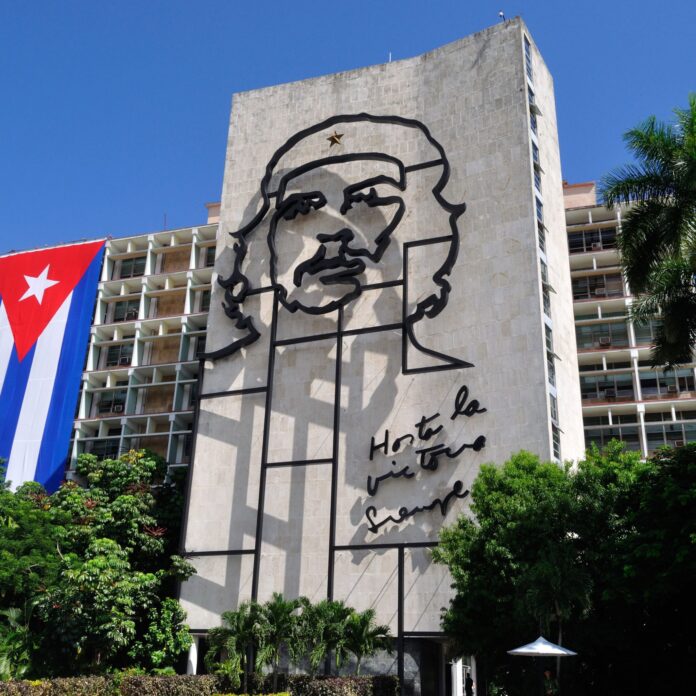Some 35 hot spots now available but the $2 per hour charge is 10% of monthly median income
As the United States eases economic and diplomatic relationships with Cuba, one of the least connected countries in the world is slowly ramping up connectivity with the deployment of 35 Wi-Fi hot spots.
Cuba has been largely isolated since the U.S. adopted an economic embargo against the country 90 miles south of Florida in the 1960s as part of Cold War-era jockeying. Instead of accessing a video, for instance, on the Internet, many Cubans distribute digital materials via thumb drives.
One aspect of the lack of connectivity is the government working to keep information out of the hands of residents.
But now, CNN reports the island nation has dropped 35 public Wi-Fi hot spots available for use at a $2 per hour charge.
Cuban filmaker Yaima Pardo told CNN that government policy toward telecommunications “disconnects us from the 21st century, we are being held back, we don’t have the same rights that the rest of the world has.”
Jose Luis Martinez of the Connect Cuba program told CNN, “The Cuban government is very tight with what technologies they allow into the island so we don’t [get] things in bulk. It’s really one or two at time and hope they don’t get confiscated.”
President Obama made a historic announcement last year, declaring that his administration is making a major shift in United States policy toward Cuba. The move will allow U.S. telecommunications companies to rollout infrastructure and provide commercial services in Cuba.
“Today, we are renewing our leadership in the Americas. We are choosing to cut loose the anchor of the past, because it is entirely necessary to reach a better future – for our national interests, for the American people and for the Cuban people,” Obama stated.
A major portion of reopening relations with Cuba focuses on communications, and specifically on how U.S. telecommunications companies can allow the Cuban people to communicate more effectively with the rest of the world. The current telecommunications services in Cuba are very limited, and very expensive. Dr. Greg Raleigh, founder and CEO of ItsOn, believes that the shift in policy is a step in the right direction.
“This decision is going to open a major channel between U.S. telco carriers and Cuban citizens, introducing many more Cuban people to the mobile Internet and enabling them to participate in the modern Internet economy,” Raleigh stated.

